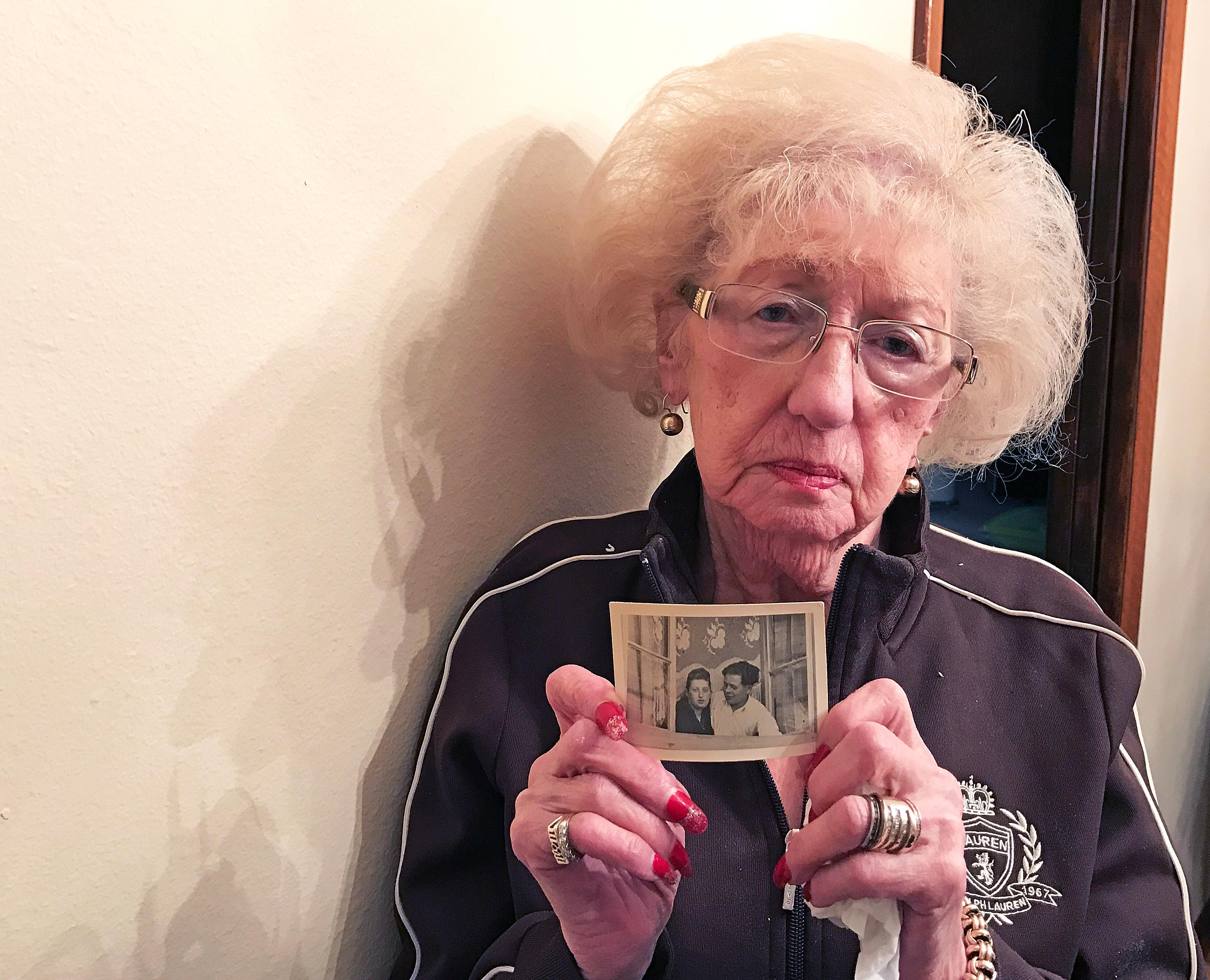
When Fanny Starr was in her late teens in Poland, Nazis invaded her country and forced Starr and her family into the Lodz Ghetto. Starr was one of the few in her family to survive the concentration camps that followed, and through her late 90s here in Colorado, Starr fought to make sure those experiences would be remembered forever.
On Friday, she died at home in Denver at the age of 98, according to a family friend.
"The world has lost a giant," said Gov. Jared Polis in a statement. He said at the time of her death Starr was Colorado's oldest living Holocaust survivor, and that she had "sought light in the darkness."
She also sought to make sure everyone in Colorado would learn about the Holocaust, so that it would never happen again. Starr helped pass a new state law that requires schools to teach about it. She sat with Polis when he signed the law.
"How I survived, I don't know," Starr said at the ceremony. "Maybe it was God's will to let me live. I can tell not just my story, the 6 million stories."
Starr lost her mother, father, two siblings and extended family in the Holocaust.
She told CPR's Colorado Matters in 2017 that being in the concentration camps, "We didn't know what year or what day, nothing. We were like unwanted people on this earth."
At one camp, Ravensbrück, which was just for women, Starr described barely escaping the gas chambers. Her captors thought a cut on her hand was diseased, and she was selected to be killed. Somehow, Starr said she convinced the doctor it was just an infected cut. "I'm surprised that he didn't smack me, take the gun and kill me, because I was fighting."
When British troops liberated the Bergen-Belson camp where she was on April 15, 1945, Starr said she was too ill to understand what was happening. "I didn't know I was liberated. The Red Cross came and [a woman] said, 'You are free.' Who cared? I was laying in bed, halfway dead."
Afterwards, Starr lived in displaced persons camps for three years, which is where she met her husband, Zesa. "I was a ball of fire, singing, dancing, and appealed to him. And that was it, we fell in love," she said through a smile, remembering it more than half a century later. They came to the U.S. in 1951.
In 1967, Starr and her husband started talking to students in Denver about their experiences in the Holocaust.
"We have to tell the people what we went through. Let the world know," she said.
Up until her passing, Starr worried about modern attacks on Jews and Jewish cemeteries desecrated with Nazi symbols, including in several states in the U.S.
But she put her energy to humanitarian causes, including feeding people experiencing homelessness.
On a GoFundMe page raising money to support Starr's medical costs before her death, her family said she had a stroke on Oct. 4, and spent three weeks in the ICU before she came home and died Oct 30.









